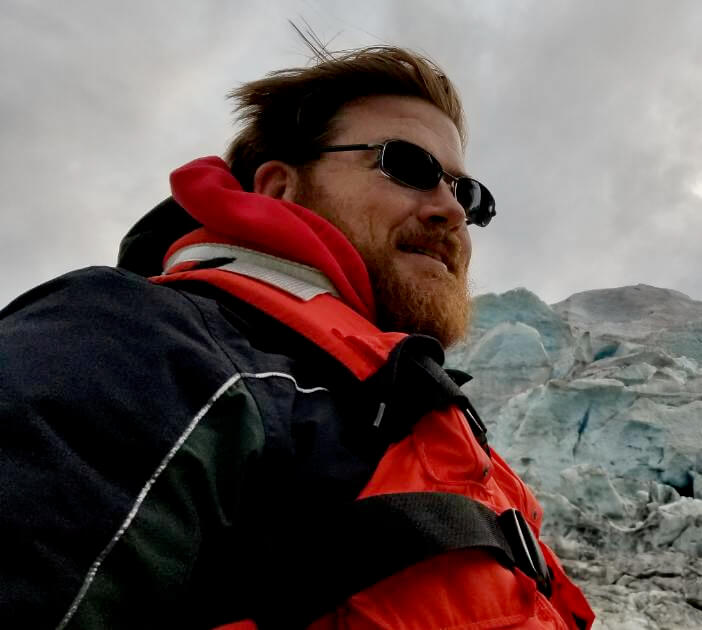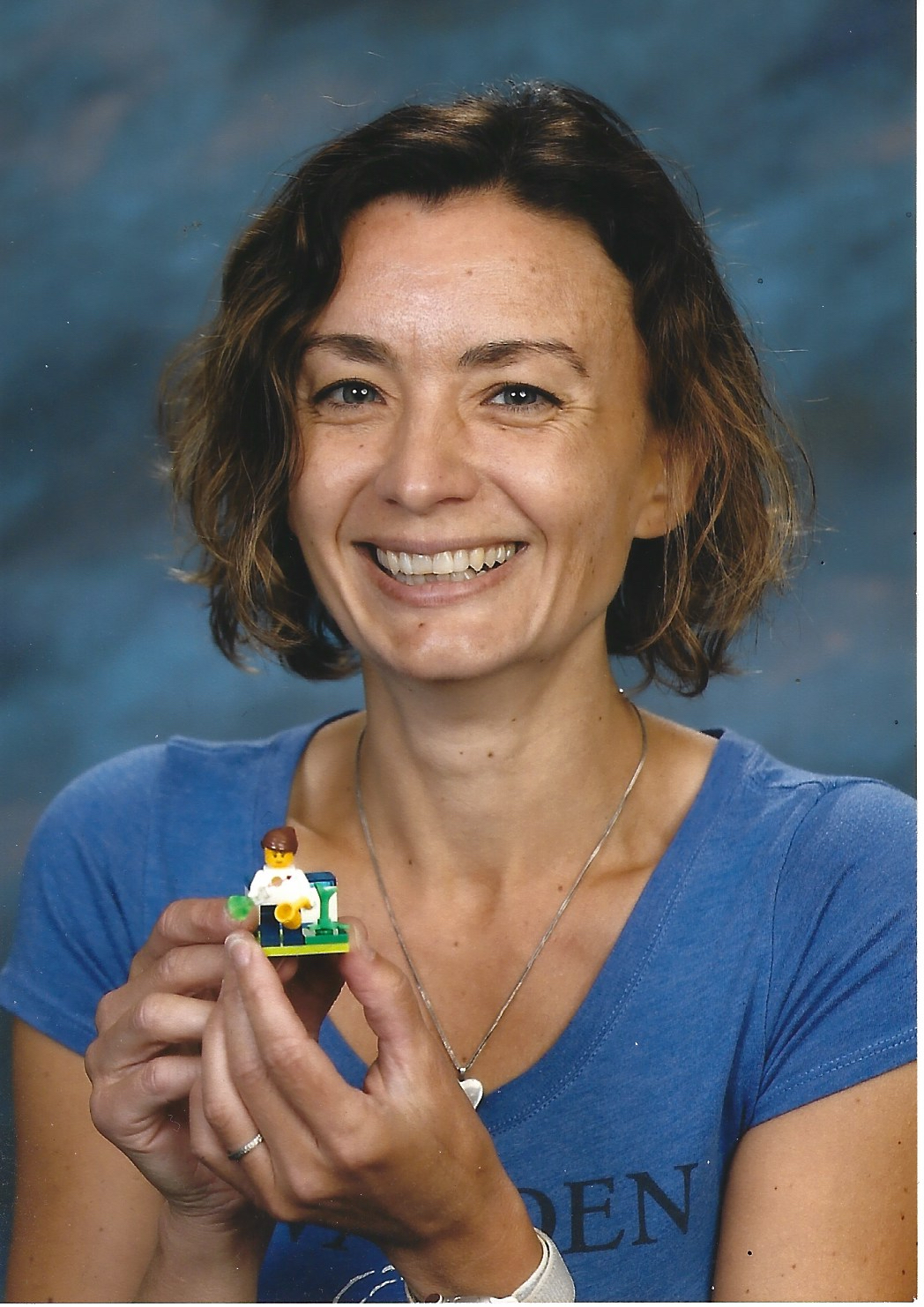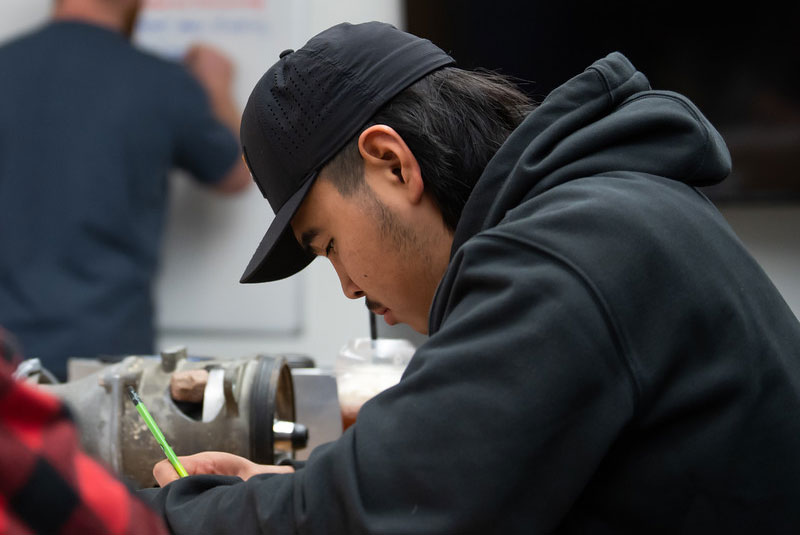Boreal Ecology for Teachers
Boreal Ecology For Teachers
This place-based opportunity explores the ecology of the boreal forest. We will spend a week based in Pleasant Valley, AK, 30 miles outside Fairbanks, exploring the boreal forest. We will use immersive, student-centered pedagogies to focus science instrution on topics and events students find engaging. Each day will focus on a different ecological topic relevant to the far North, in addition to modeling place-based instruction. Topics may include: permafrost science, climate chance, alternative energy for rural Alaska, forest ecology, and indigenous tie-ins. We will engage in field trips, collaborative learning, and place-based opportunities to create lessons and projects that teachers can use immediately in schools across the state.
- Based in Twin Bears Camp, 20 miles outside of Fairbanks, Alaska
- Intended for teachers of science who are not science teachers by training
- Explore the unique ecology of the boreal forest, the largest biome on Earth
- Develop student-centered, culturally-responsive knowledge, awareness, and practical skills
Dates, Location, and Contact
Dates: July 21-27, 2024 (*2 required Zoom sessions prior to the onsite course. Times/Dates TBD. Approximately 2 hours each.)
Credits: 3
Seats Available: 10
Location: Fairbanks
Contact: Katie Bobowski, 907-822-3673 or uaa_pwscforteachers@alaska.edu
Instructor: Bjørn Wolter/Cat Walker
Place-based activities may include:
- Float trip on the Chena River
- Learning from experts at the Permafrost Tunnel
- Investigating alternative energy and food security at Chena Hot Springs
- Tour of the Museum of the North
- Visits to herding, farming, and mushing operations
- What to expect
Boreal Ecology for Teachers is primarily a field based course and we will be spending most days outside exploring different learning possibilities. Accommodations are rustic. Students should be able to walk at least 5 miles. Portions of the course may be carried out over uneven terrain, often without a trail, and may include river crossings or other hazards depending on route and travel logistics. The course may require good physical condition and ability to perform in cold and/or inclement weather. Students must be prepared to spend long days in potentially harsh terrain, with a number of environmental concerns to mitigate, including: bears, mosquitos, wolves, rivers, weather, temperature, etc.
- What will you get
- A week of content-rich days immersed in classroom and field exercises to deepen teaching pedagogy.
- Teachers will walk away with lesson plans, resources, tools how to fit the curriculum into a classroom or virtual learning environment, and examples of place-based lesson planning.
- All students will develop a place-based lesson plan or unit to use in their own classroom. All of the lesson plans developed will be put into an online database that will be made available to all students for adaptation and use in their classroom.
- Why should you come
- Gives teachers the ability to reconnect to and re-energize their passion for teaching.
- Specifically designed to help rural instructors working outside their content area to become more familiar and comfortable with teaching science using the ommunity as a classroom.
- Mixes classroom activities with place-based/outdoor activities, which asks the teachers to not only consider their curriculum, but to also their classroom environment
- Collaborative workshop activities allow teachers to meet and network with other educators who are living through the same experience
Meet The Instructors
Dr. Bjørn Wolter
 Dr. Bjørn Wolter is a program manager with the Alaska Department of Education & Early
Development. He has been a professor, researcher, and administrator in Alaska K-20+
education for more than two decades. Bjørn earned a Ph.D in Science Education from
Michigan State University, and an M.S. in Plant Ecology and B.S. in Biology from Western
Washington University.
Dr. Bjørn Wolter is a program manager with the Alaska Department of Education & Early
Development. He has been a professor, researcher, and administrator in Alaska K-20+
education for more than two decades. Bjørn earned a Ph.D in Science Education from
Michigan State University, and an M.S. in Plant Ecology and B.S. in Biology from Western
Washington University.
Cat Walker
 Catherine Walker (she/her) is the 2024 Alaska Teacher of the Year. She is a National
Board Certified Science Teacher, a 2023 Lindblad and National Geographic Grosvenor
Teacher Fellow, an Earthwatch Project Kindle Fellow, the 2023 National Science Teaching
Association Shell Science Teaching Awardee, the 2023 Alaska Marine Science Outreach
Awardee, and was the Alaska Awardee for the 2015 Presidential Award for Excellence
in Math and Science Teaching. She is also a National Geographic Certified Teacher.
Catherine Walker (she/her) is the 2024 Alaska Teacher of the Year. She is a National
Board Certified Science Teacher, a 2023 Lindblad and National Geographic Grosvenor
Teacher Fellow, an Earthwatch Project Kindle Fellow, the 2023 National Science Teaching
Association Shell Science Teaching Awardee, the 2023 Alaska Marine Science Outreach
Awardee, and was the Alaska Awardee for the 2015 Presidential Award for Excellence
in Math and Science Teaching. She is also a National Geographic Certified Teacher.
Catherine teaches Oceanography, Marine Biology, Unmanned Aviation Science, and PLTW Engineering Essentials at Dimond High in Anchorage. She sponsors Battle of the Books, Ocean Club, Green Effects Club, and GSA.
Catherine was born in Sitka, Alaska, and graduated from Chugiak High School. She earned her B.S. in Biology from Brandeis University in Boston, Massachusetts, and her Master of Arts in Teaching from UAA. During college, she completed the Semester of Environmental Science Program at the Marine Biological Laboratory in Woods Hole, Massachusetts, interned at the New England Aquarium (feeding the penguins), and also volunteered as an EMT-B on campus. After college, she hiked over 1,000 miles on the Appalachian trail and then served as a Natural Resource Management Volunteer for the Peace Corps in Mali from 2002 through 2004.
Catherine and her husband Ben have two children, one dog, two axolotls, and one blue death-feigning beetle. She loves reading, running, gardening, spending time outdoors, and Lego.
Partners
This work is supported by the USDA National Insitute of Food and Agriculture










